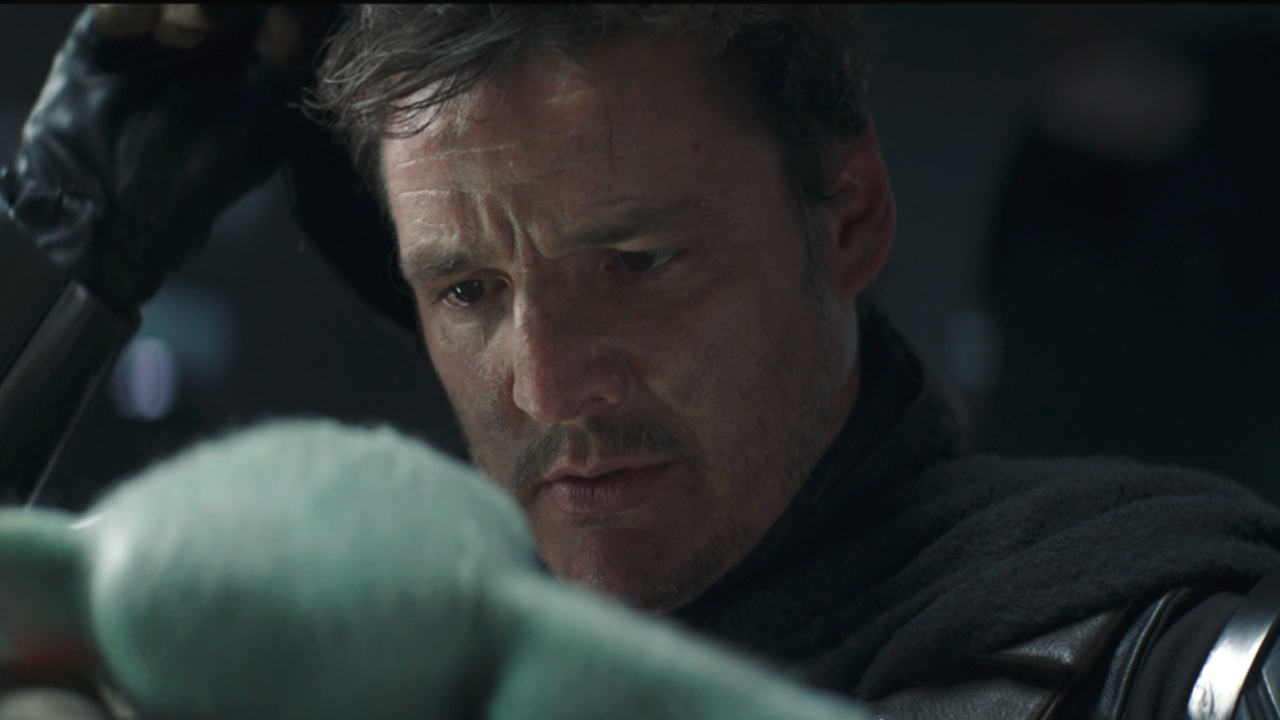American Beauty won five Academy Awards, one for best picture, and if you haven’t seen it, I’d highly recommend you change your tune. Love it or hate it, the film has enough ideas going on that is should be seen at least once. It was Sam Mendes’ directorial debut, after his version of Cabaret garnered critical acclaim. It was Alan Ball’s first writing baby, after doing stints on Cybil and Grace Under Fire. As the opening shots of the film demonstrate, American Beauty is a story of neighborhoods, unlocked doors in closed houses, and the people that inhabit both the light and dark corners of their mortgaged lives. It is the story of Lester Burnham, played by Kevin Spacey, in all his glory, jerking off in the shower, falling for a teenage girl, getting in shape to “look good naked,” and…okay, okay, he sounds like an asshole. The point of American Beauty is not to like Lester Burnham, the point is to see the metamorphosis of a man who isn’t really there -- a breathing, talking somnambulist who recognizes his somnambulism and who has decided to wake up. He’s not the only character in American Beauty who is preparing for an awakening. His daughter, Janie, played by Thora Birch, is blossoming into a young woman -- she’s straying off the concrete sidewalk her parents have laid out for her, finding love somewhere in the grass ('cause, obviously, that’s what young love is about). Lester’s wife, Carolyn (Annette Bening), is not really happy, and this has forced her into some sort of moral abandonment, a place where she, too, can feel reckless and free. As an audience sees these transformations, they are asked continuously to go with the flow, to disagree or agree, but to watch in horror and anticipation and fascination, with maybe a twinge of guilt because in watching they’ve recognized bits and pieces of their own lives.
American Beauty is not generally a film that gets described as "alright." It can be demanding, and it forces audiences to squirm into places they may not be quite ready for. It was created to be a catalyst for emotion -- despair, exhilaration, joy, anger, love. This is why it is hard to feel ambivalent about this movie. It elicits reactions, some to a positive extreme and some to its negative counterpart. Love it, hate it, recommend it, or chastise it, American Beauty leaves a stain; if it didn’t, the film wouldn’t be doing its job, so it should be hated on, and then we’re back to square one anyway.
Camp 1: idolizes this film. They think there really is too much beauty in the world to get by without randomly crying about floating bags and rotting birds.
Camp 2: hates on this film. They think there’s not enough beauty in the world to be filming strangers without floating bags and rotting birds getting in the way.
I’m in Camp 3. I think American Beauty has some problems. I think the paper-bag scene is one of the most ridiculous scenes I’ve ever been asked to buy into (see rant in the disc section). I could have lived my whole life without seeing Mena Suvari’s tits covered in beautiful, high-definition roses. But I still gave this film five stars. That’s because, five out of ten times, I would rather re-watch American Beauty on a rainy day than any other movie (for reference, four out of five times Almost Famous wins out, and once out of ten it’s the Fifth Element). My taste may be suspect, but that doesn’t mean I don’t recognize a little beauty in the world. If that’s taking a middle ground, than I’m goddamn Christy Turlington. I’d like nothing less than to sell you American Beauty as a film. But what is there to convince you to buy the Blu-ray?
I was hoping that the Blu-ray disc would open with a shot that was different than the regular DVD. Instead, there is the standard shot of the paper bag floating through the air, capturing a supposed beautiful moment. If we’re talking about emotion, this scene never did anything for me except weird me out a little bit. Plus, with shots at the paper-bag scene coming from reviewers to cartoons -- did people ever really find that scene attractive? -- it’s both a bit surprising and I guess a bit touching that Mendes would stand behind it enough to include it in the disc’s opener. That being said, forcing me through the bag scene again is still a cruel use of thirty seconds.
Which leads us to the disc. The Blu-ray features the same commentary from Sam Mendes and Alan Ball and the same trailers that are on the DVD I already owned. If you’ve never owned a copy of American Beauty, watching the film with the commentary on is both fun and informative -- see Mendes and Ball laughing as Spacey freaks out in the asparagus scene, commenting on “Lester and his schlubby walk, based loosely on Walter Mathau.” Spot on.
There are also some okay interviews from some of the people involved in the film. Alright, if you’re into hearing Thora Birch gush about how energetic Annette Bening is when she delves into character. Finally, the disc also features the two original trailers for the movie. This may just be me, but the trailer for the film sucks. I love the cuts of “Baba O’Reilly,” but the incessant overplaying of the tagline “look closer” is really irritating, and the clips chosen up until the last two frames are mostly weird choices. The second trailer is better but doesn’t sell me the Blu-ray in any way. As I’ve said time and again, I’ve seen it all before. If you already own a copy, leave it at that.

